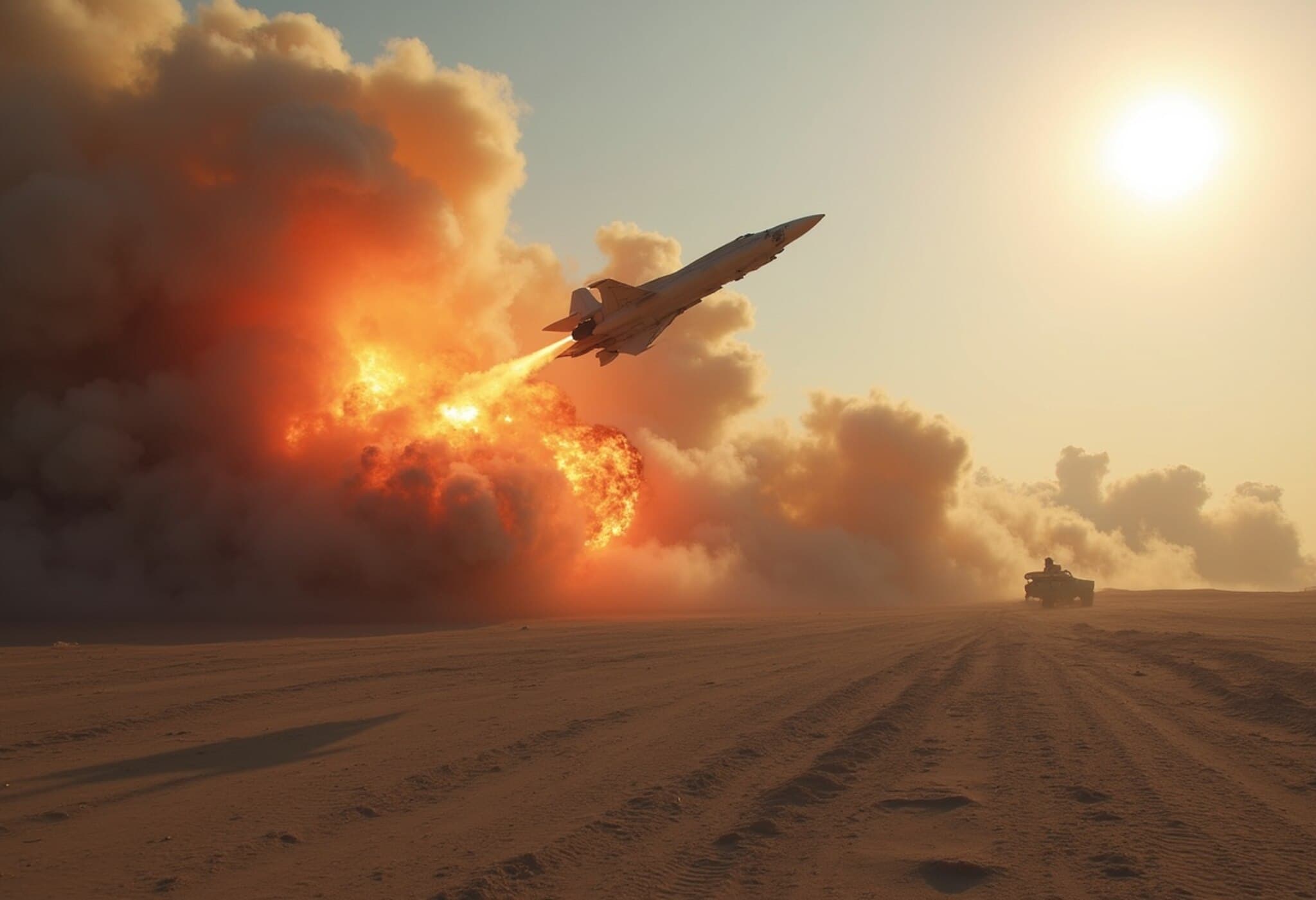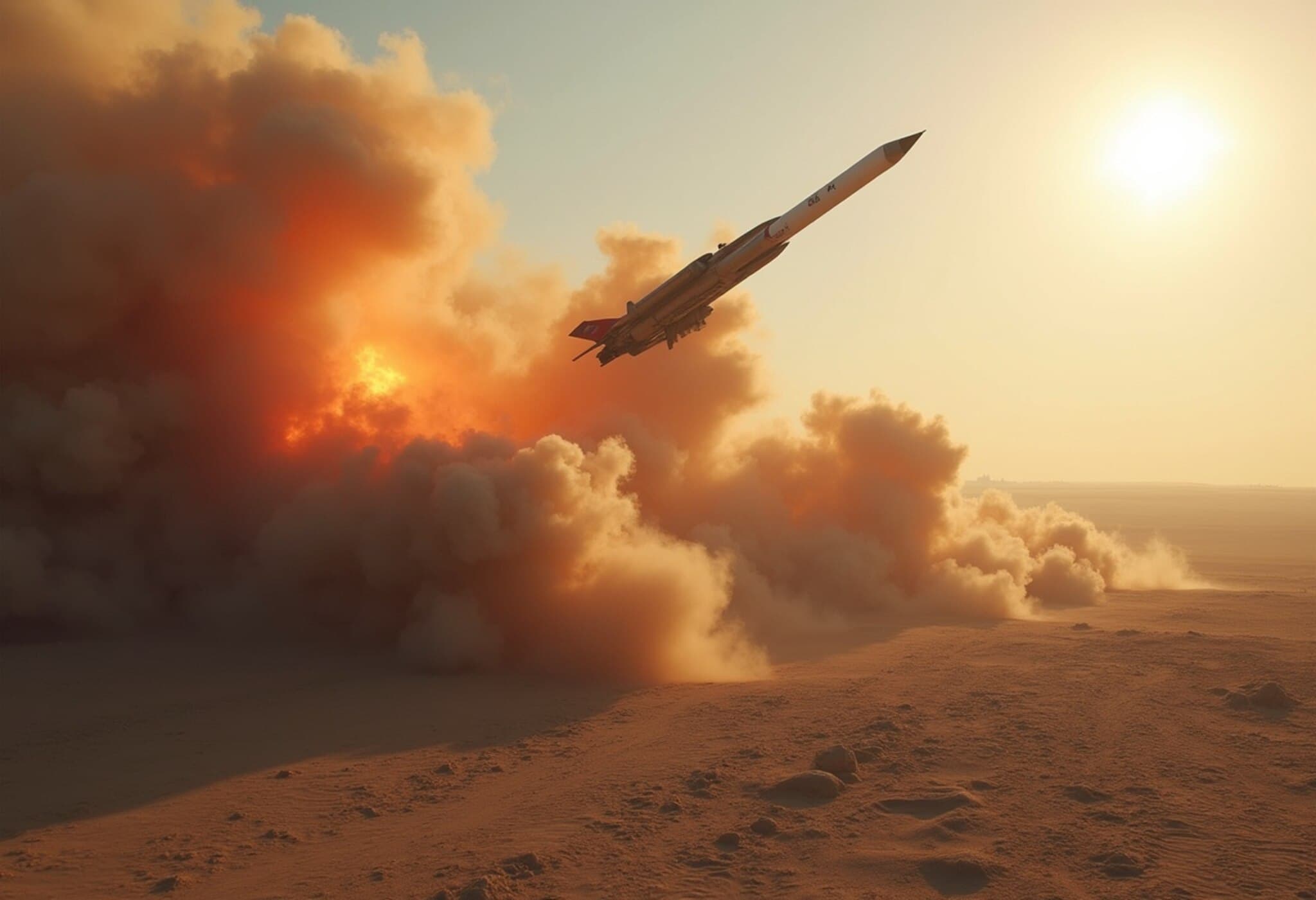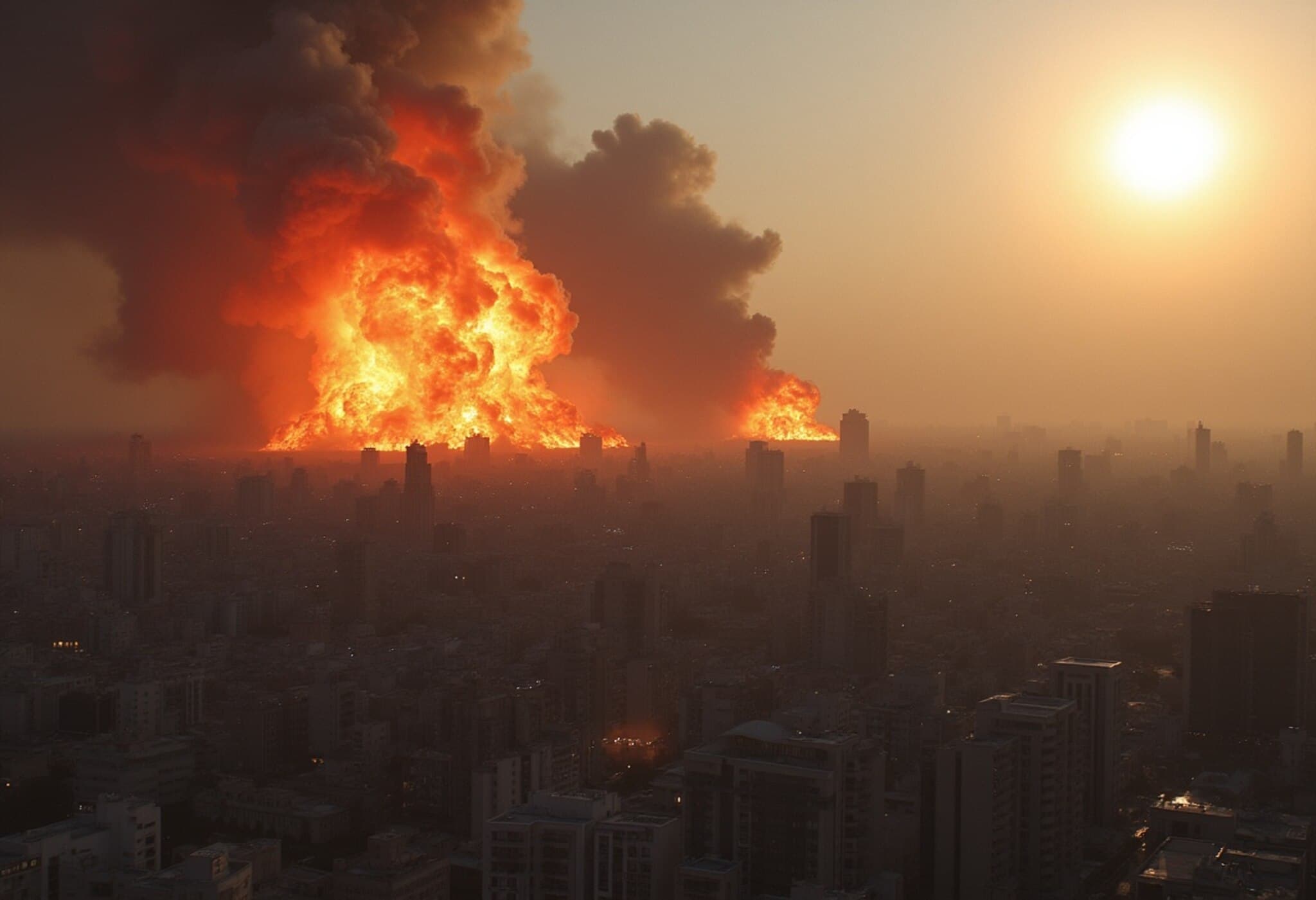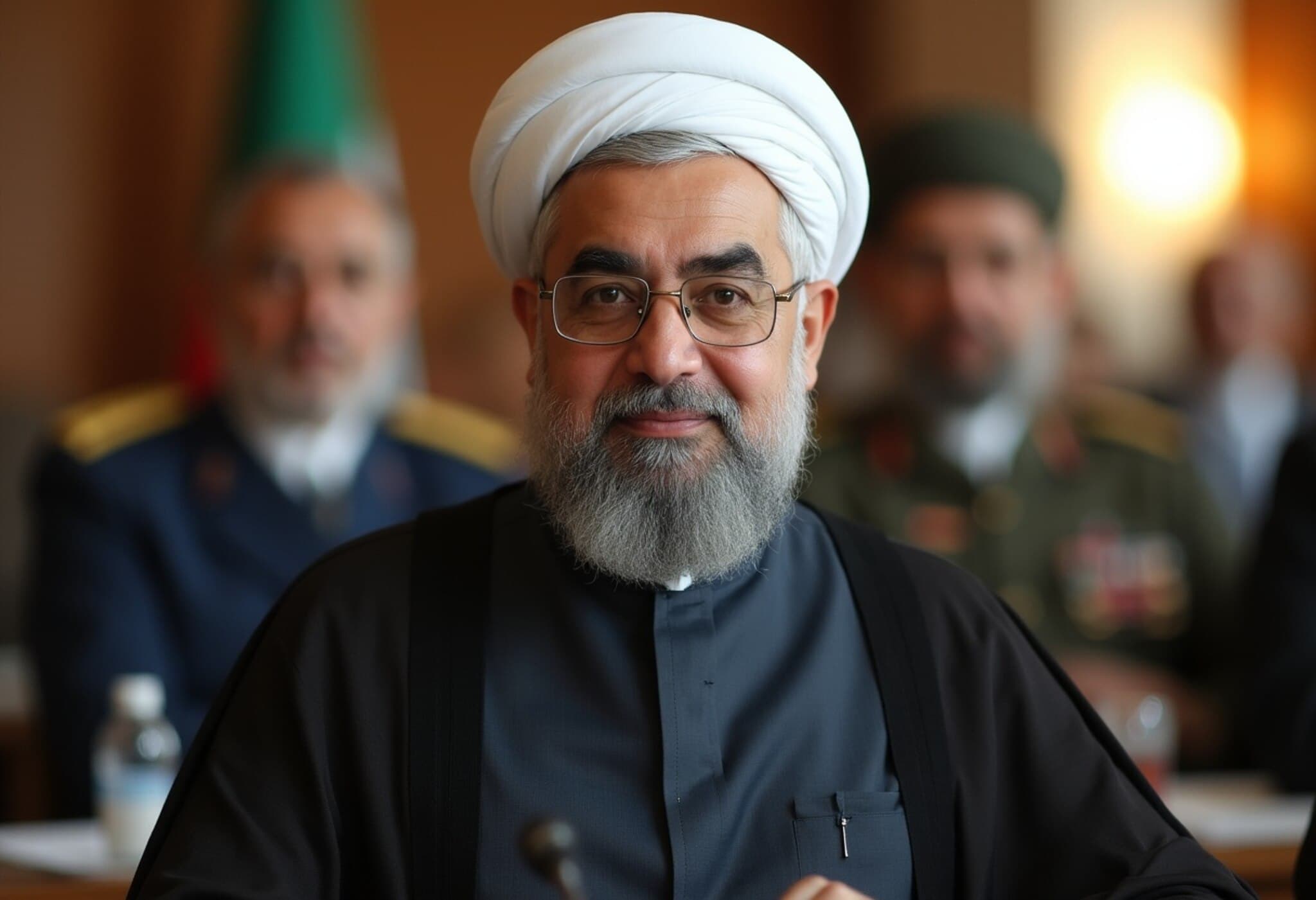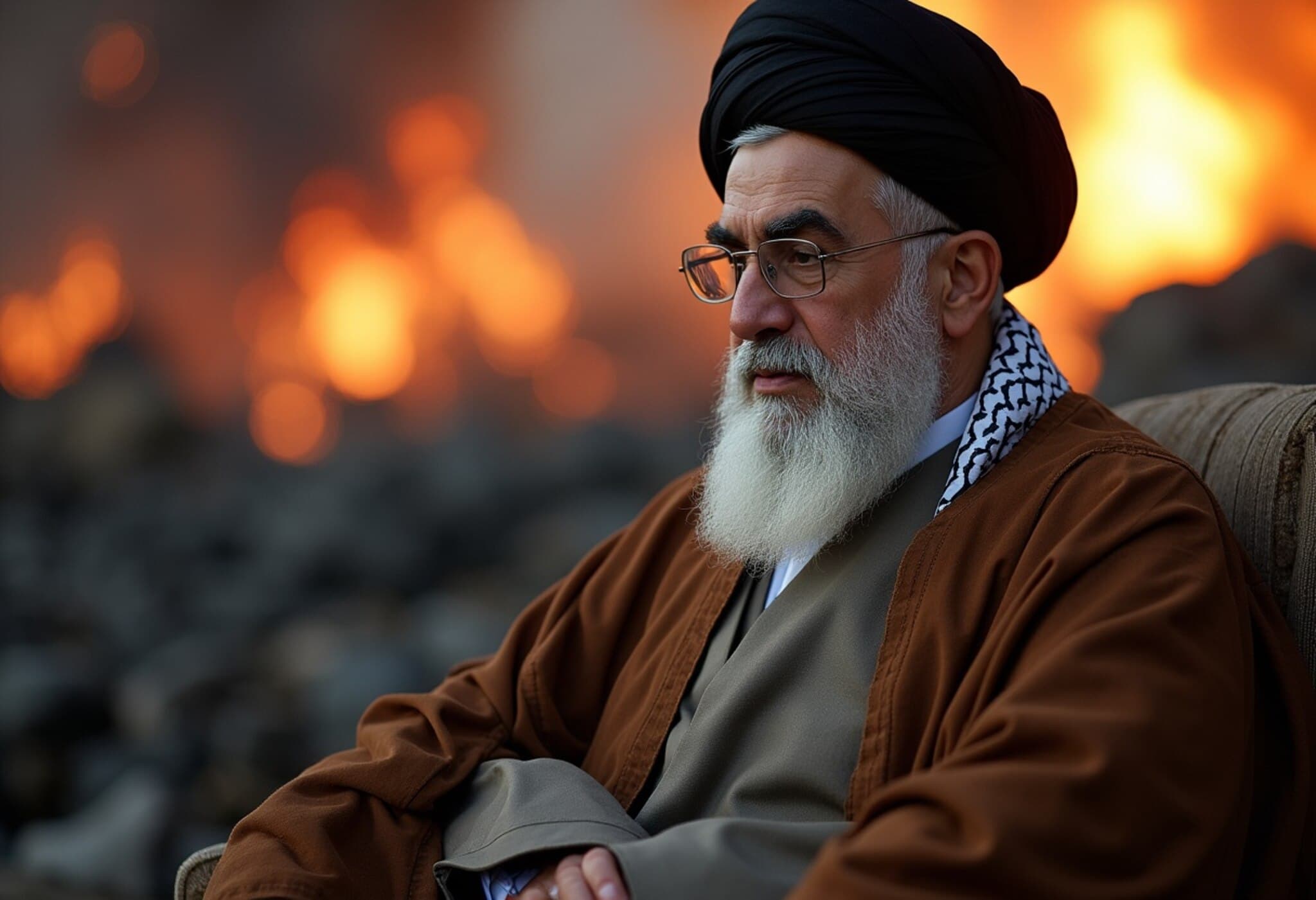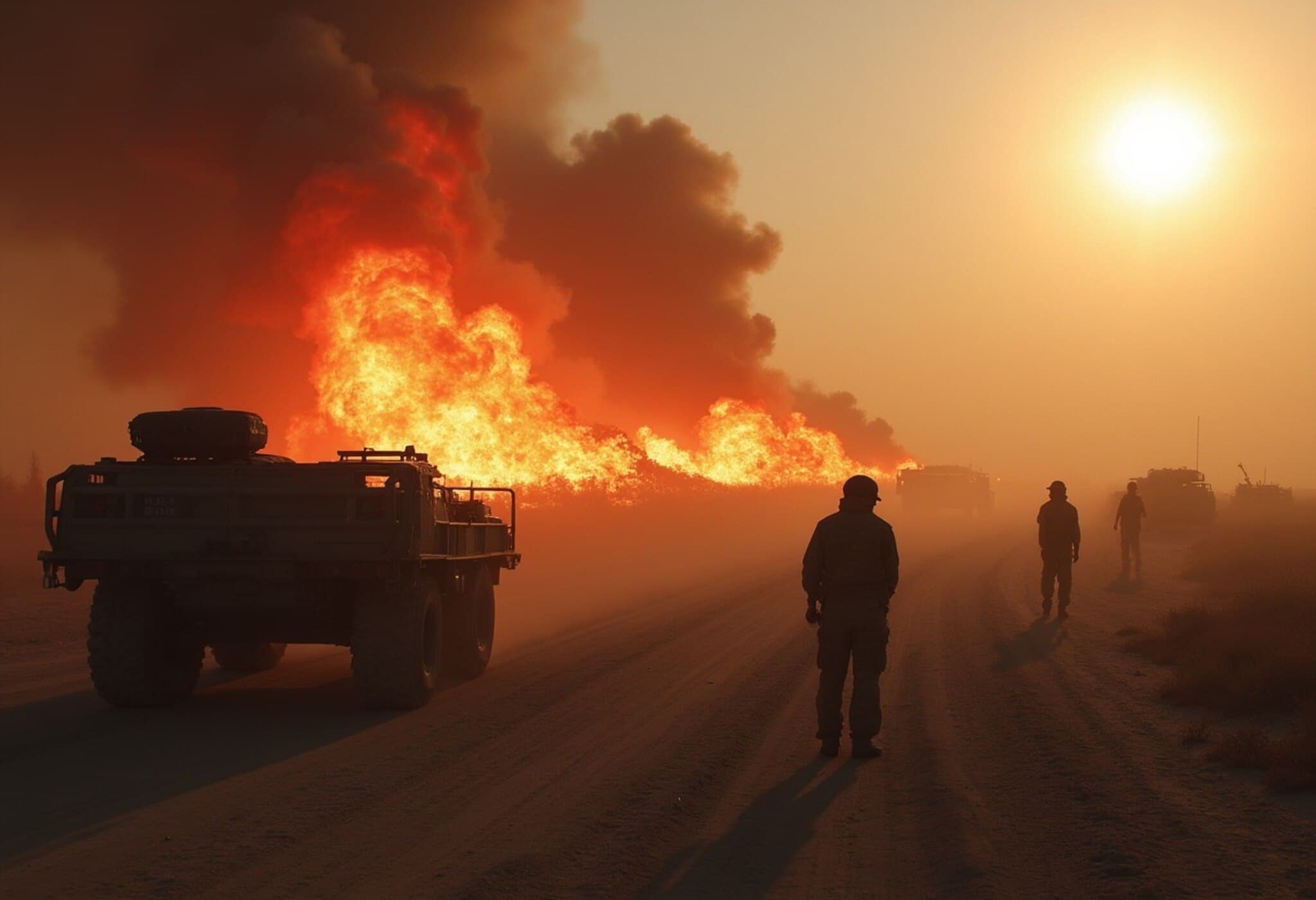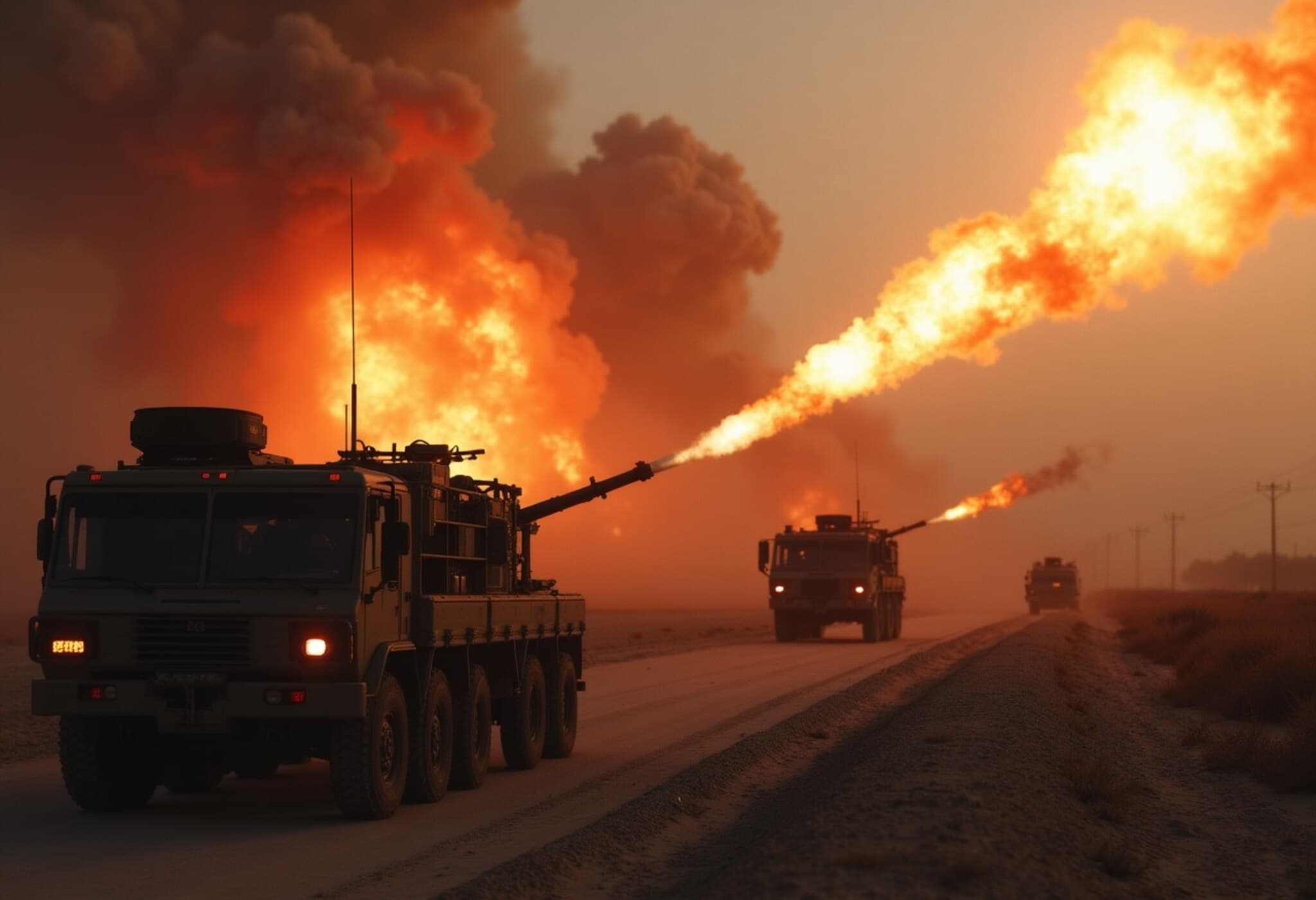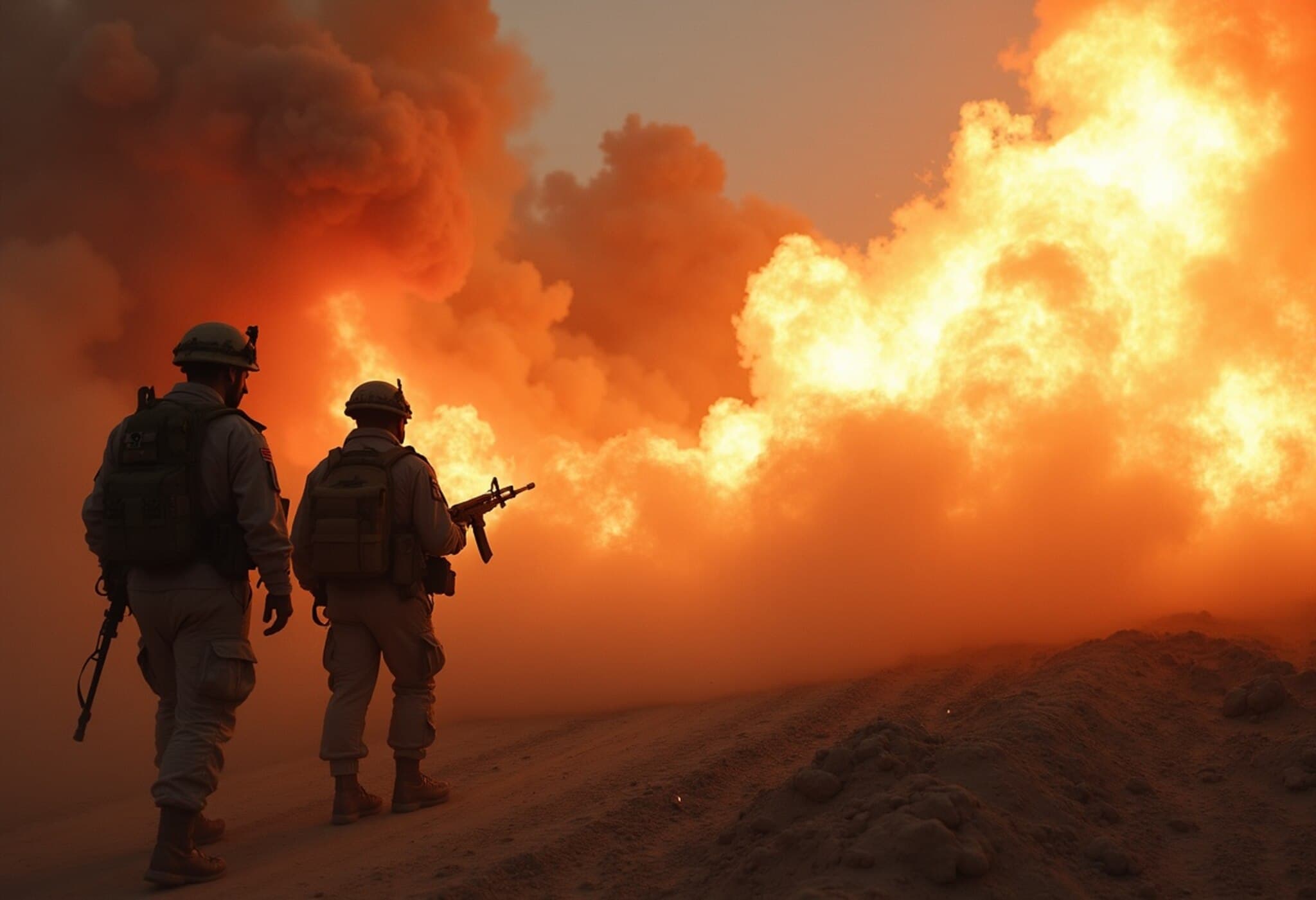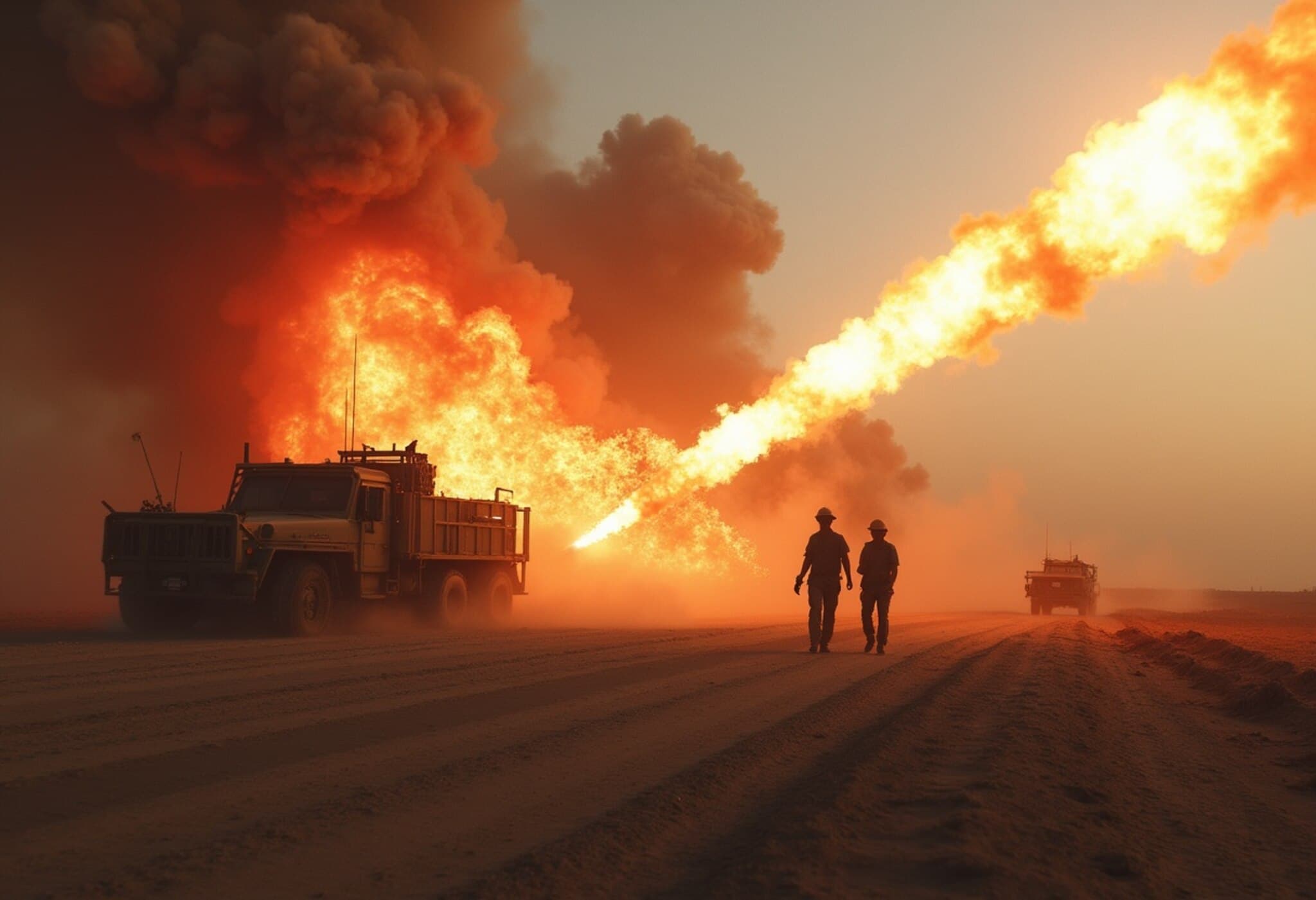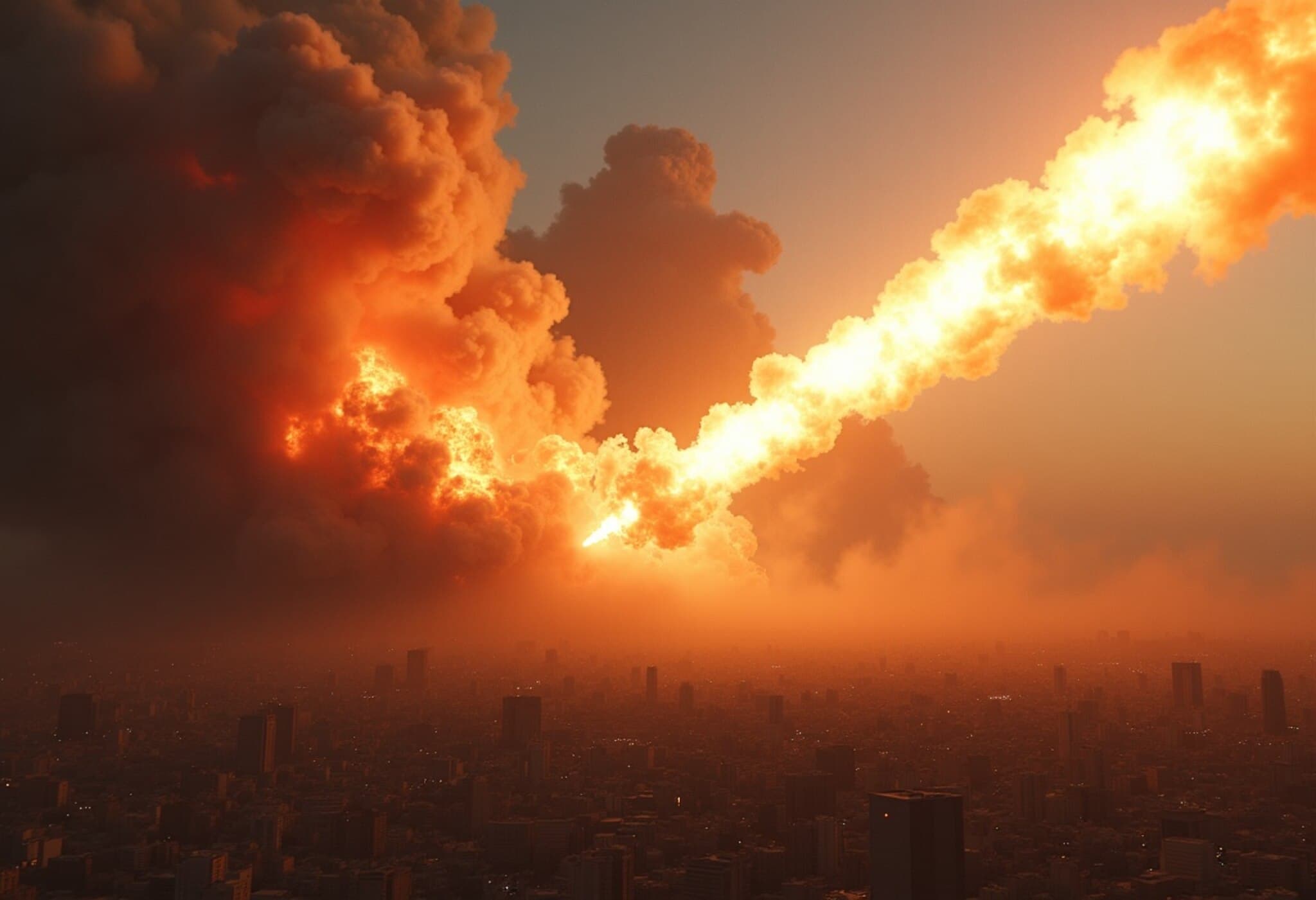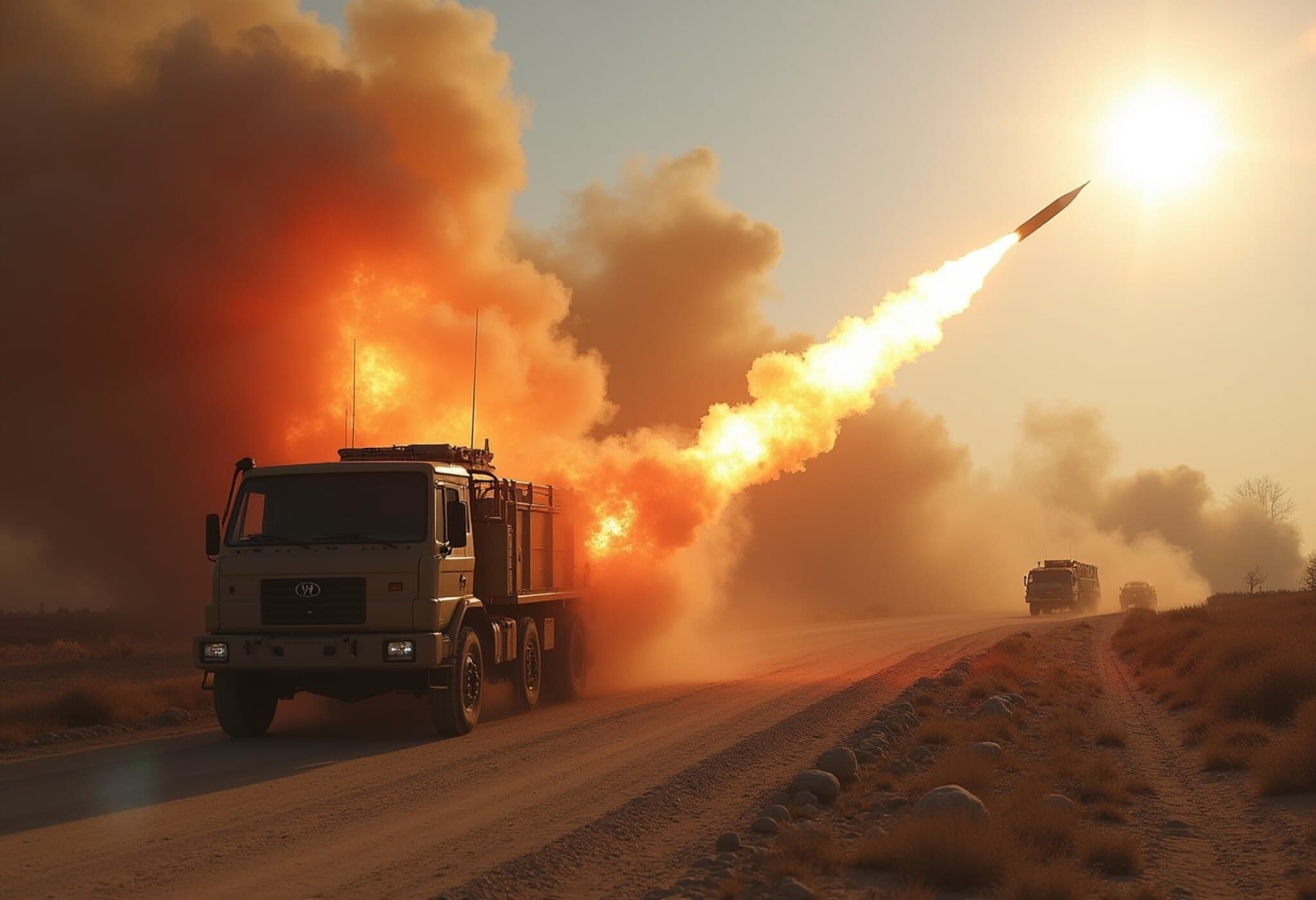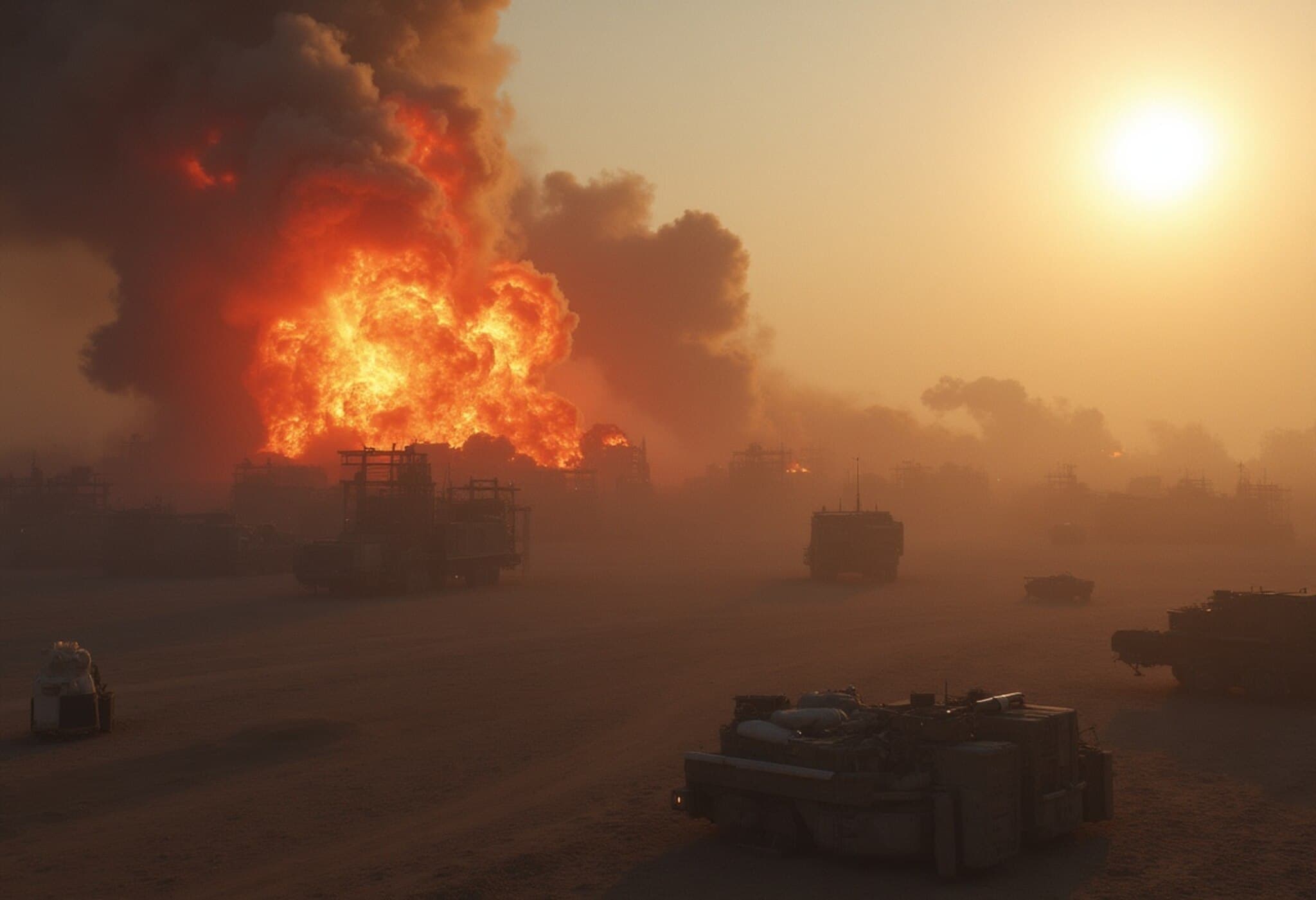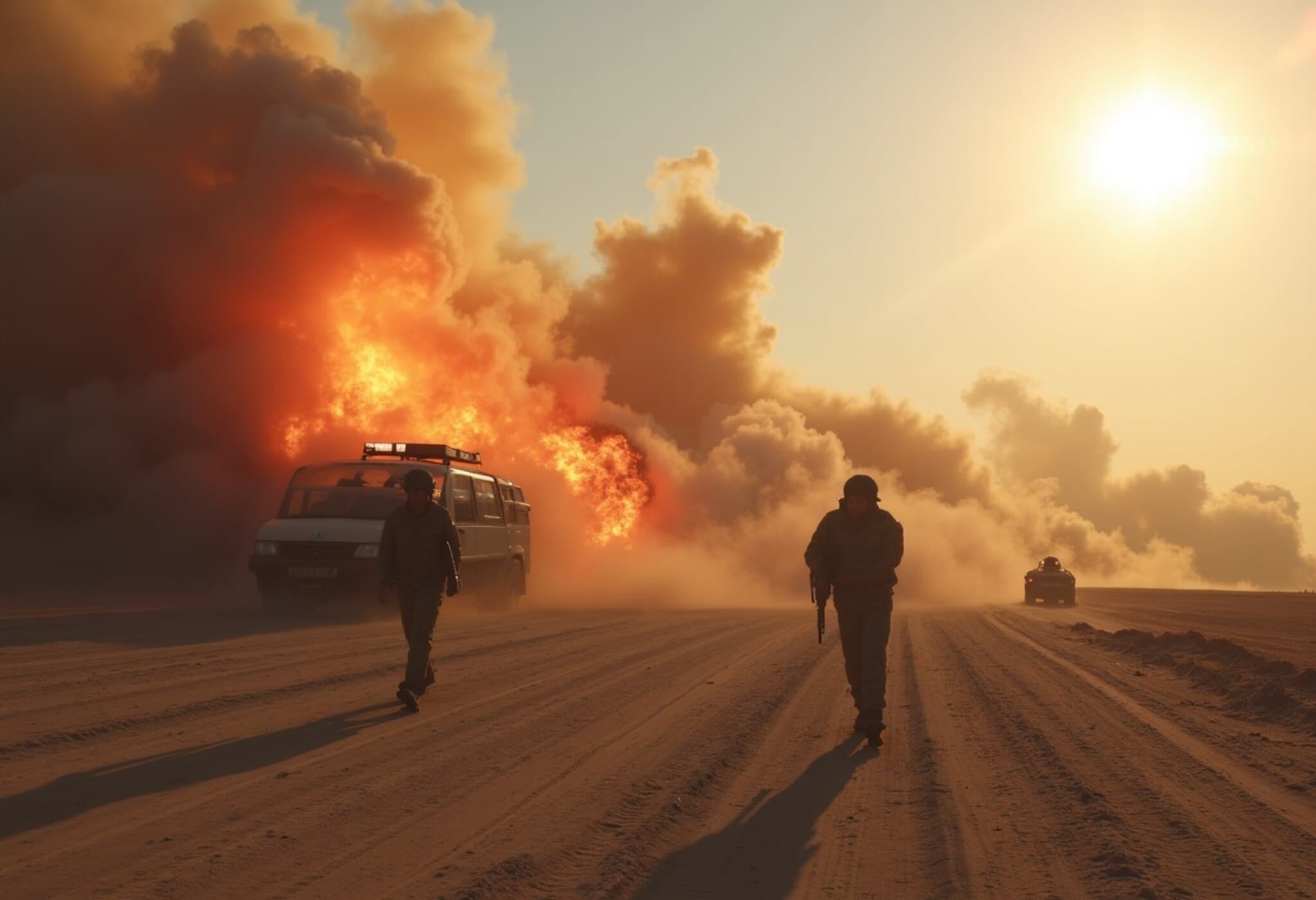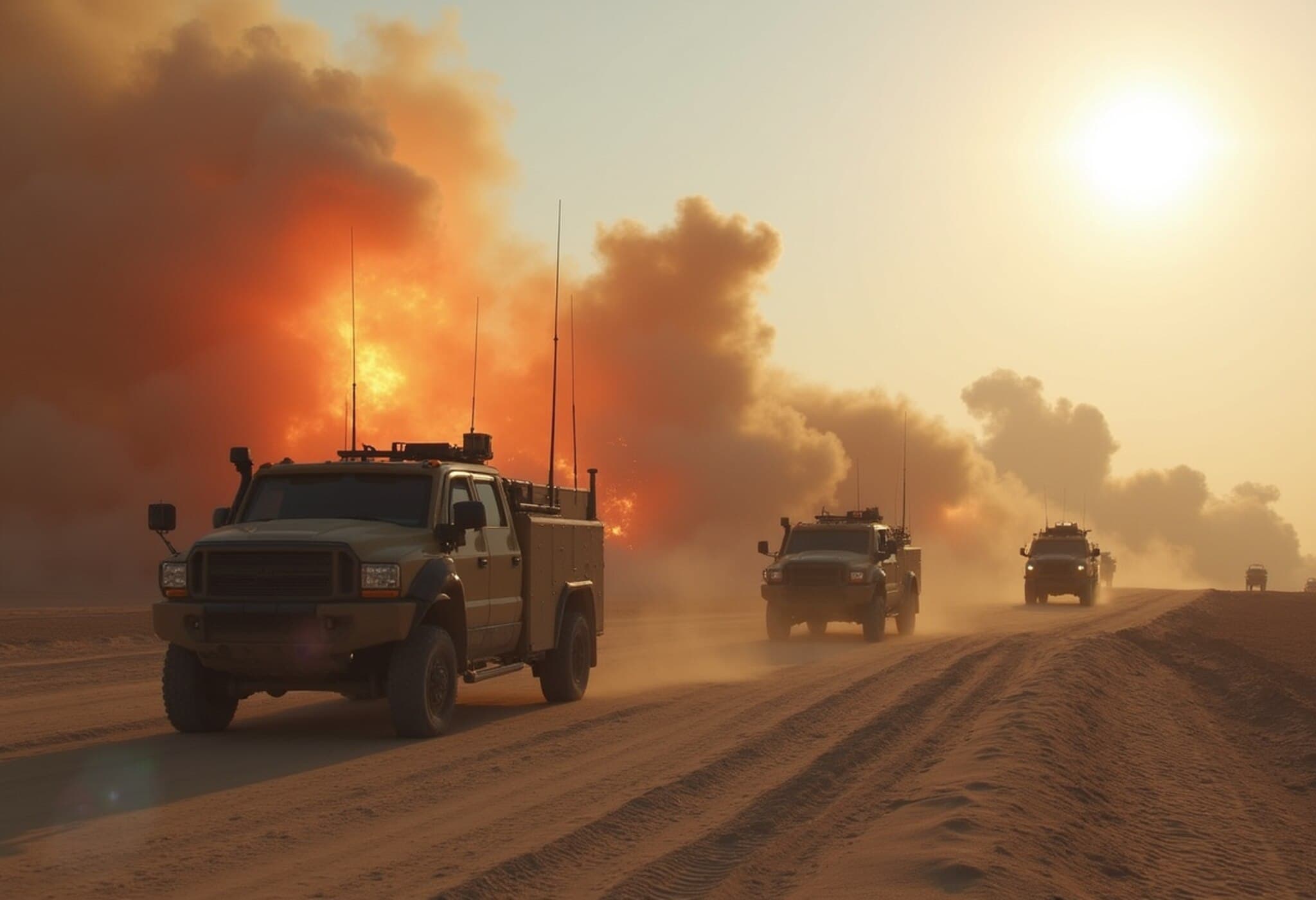Iran Retaliates with Missile Strikes on US Air Base in Qatar
In a dramatic escalation of tensions, Iran announced it launched missile strikes against United States Air Force bases in Qatar, deploying the same number of missiles as the bombs the US dropped on Iranian nuclear facilities days earlier. The attack marks a significant moment amid the ongoing conflict surrounding Iran’s nuclear program.
Strike Details and Immediate Aftermath
The missile attack targeted the Al-Udeid air base, a strategic US facility in Qatar. According to Tehran’s Supreme National Security Council, the strike was "devastating and powerful" but intentionally directed away from populated urban areas to avoid collateral damage to host-nation civilians.
While an American official confirmed the launch of "short-range and medium-range ballistic" missiles, no casualties have been reported so far. The statement from Iran emphasized that the missile count mirrored the number of bombs the US deployed, suggesting a calibrated and measured retaliation rather than an unrestrained assault.
Background: US Bombing of Iranian Nuclear Sites
Earlier, the US deployed its stealth B-2 Spirit bombers to strike three fortified Iranian nuclear facilities using between five and six GBU-57 Massive Ordnance Penetrator (MOP) "bunker buster" bombs. These specialized munitions are designed to destroy heavily shielded targets, and their use highlighted the seriousness of US concerns over Iran’s nuclear ambitions.
Notably, the Fordow Fuel Enrichment Plant — a key facility located deep within a mountain range — was among those targeted, marking a rare escalation in US military operations against Iran.
Interpretation: A Signal Towards De-escalation?
Iran’s announcement made clear the missile strike was a measured response to the US attacks, aimed at demonstrating retaliation without triggering full-scale war. Tehran’s framing appeared to send a message to Washington that it is prepared to stand down should the US refrain from further strikes.
Meanwhile, the US administration has remained silent publicly but took immediate action behind the scenes. President Donald Trump was reported to have convened his crisis team in the Situation Room, closely monitoring developments.
Regional Reactions and Rising Tensions
Neighboring countries have condemned the missile attack, underscoring fears of a broader regional conflict. Saudi Arabia criticized the strikes as "unjustified" and offered full support to Qatar. In response to heightened tensions, Kuwait announced a temporary closure of its airspace as a precautionary measure to ensure safety.
The Road Ahead
As both Iran and the US weigh their next moves, diplomatic efforts may play a crucial role in preventing further escalation. The carefully calculated nature of Iran’s missile strike, matching the US bomb count, could be interpreted as an opening for dialogue or at least a pause in hostilities.
Nonetheless, the situation remains fragile, with global eyes fixed on any developments that could either de-escalate the crisis or spiral it into full conflict.

